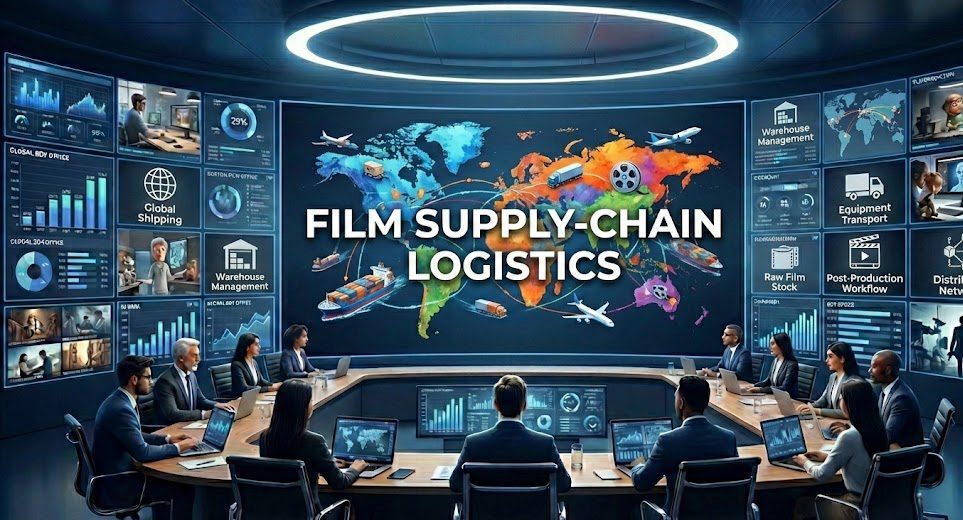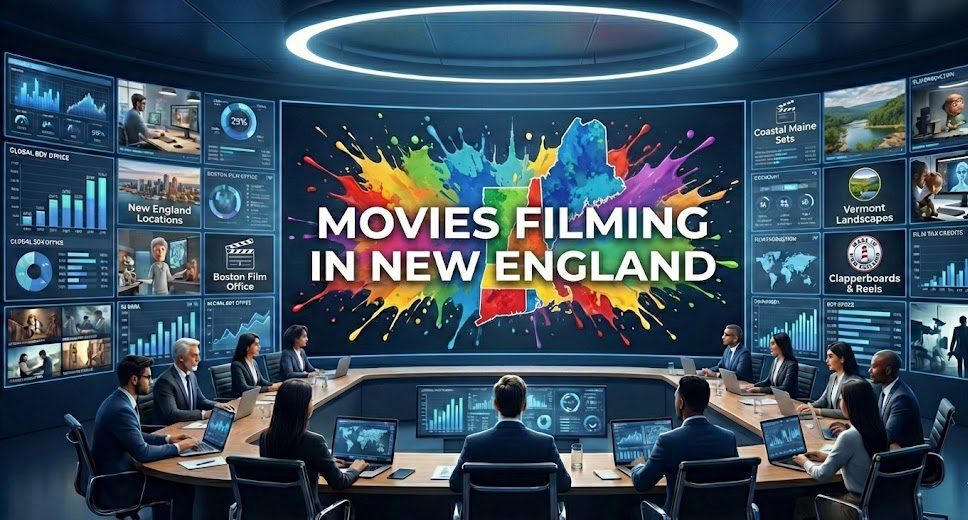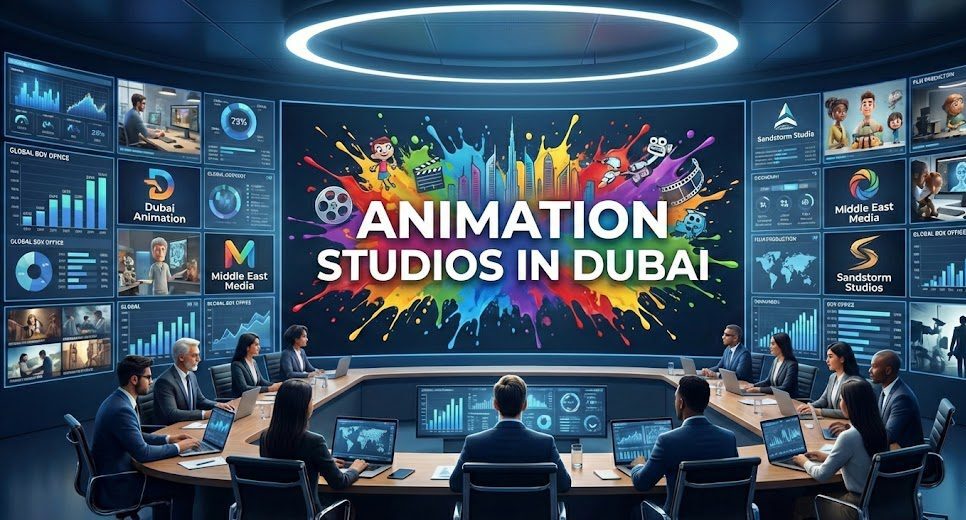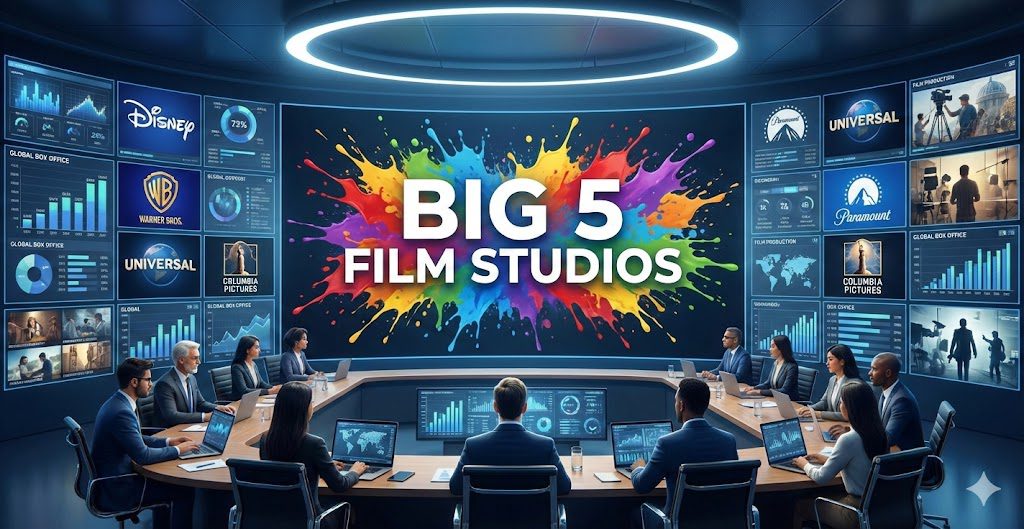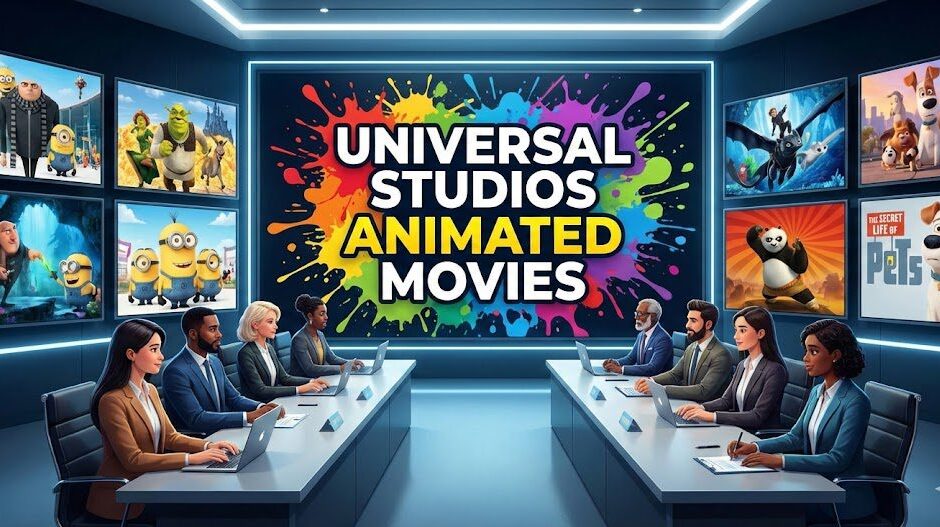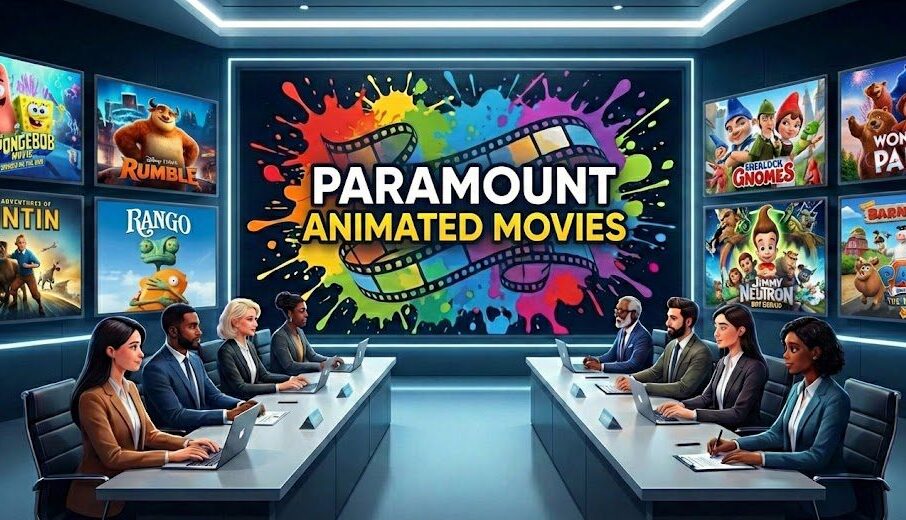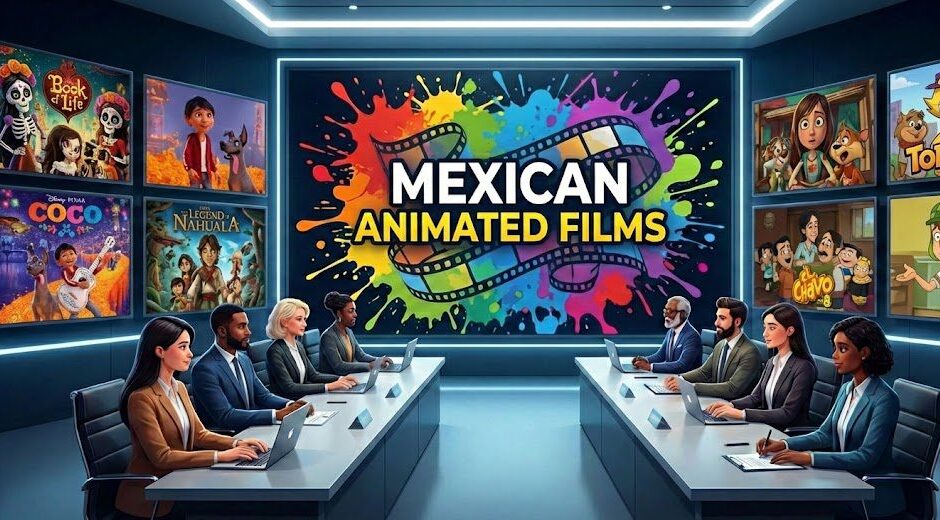Introduction
You’ve poured your heart, soul, and savings into your documentary. You’ve captured a story that needs to be told. But now comes the hard part, the part they don’t romanticize in film school: getting it seen. The truth is, a brilliant film with no audience is just a file on a hard drive.
If you’re struggling with the complex world of distribution for documentary films, you’re not alone. It’s a maze of sales agents, platforms, and territories.
But here’s the good news. You can navigate it successfully. You just need a roadmap.
In this post, I’m going to walk you through a proven, 5-step strategy to take control of your film’s journey, find the right partners, and get your documentary in front of a global audience. Let’s get your film the attention it deserves.
Table of content
- Introduction
- Key-Takeaways
- Step 1: Build Your Distribution Toolkit (Before You Pitch Anyone)
- Step 2: Define Your Distribution Goals and Strategy
- Step 3: Master the Film Festival Circuit as a Sales Tool
- Step 4: Find and Vet the Right Distribution Partners
- Step 5: Negotiate a Winning Distribution Deal
- Conclusion
- FAQs
Key Takeaways
| Key Takeaways: Your Documentary Distribution Checklist | |
|---|---|
| Step 1: Build Your Toolkit | Assemble a professional, industry-standard press kit and pitch deck. First impressions are everything. |
| Step 2: Define Your Goals | Decide on your ideal distribution model (theatrical, VOD, hybrid) and target territories. A clear goal defines your path. |
| Step 3: Master the Festival Circuit | Use film festivals strategically as a launchpad for sales and press, not just for laurels. |
| Step 4: Find & Vet Partners | Systematically identify and research potential distributors who have a proven track record with films like yours. |
| Step 5: Negotiate a Winning Deal | Understand key deal terms like Minimum Guarantees, revenue splits, and rights to secure a fair and profitable agreement. |
Is your documentary stuck on a hard drive?

Step 2: Define Your Distribution Goals and Strategy
What does success look like for your film? Without a clear goal, you can’t build a strategy. “Getting on Netflix” isn’t a strategy; it’s a dream. Let’s get specific.
Choosing Your Distribution Model
There are three primary paths for distribution for documentary films. You can pursue one or a combination (a hybrid model).
- Theatrical: A traditional cinema run. Best for high-profile, critically acclaimed docs with major star power or a very timely, controversial subject. It’s prestigious but expensive and rare for most indies.
- Broadcast & Cable: Selling your film to networks like HBO, PBS, National Geographic, or international equivalents. They often pay well but may require specific formats or rights.
- VOD (Video on Demand): This is the biggest market today.
- TVOD (Transactional): Platforms like Apple TV or Amazon Prime Video where viewers rent or buy the film.
- SVOD (Subscription): Platforms like Netflix, Hulu, or specialized services like CuriosityStream where your film is part of a library.
- AVOD (Advertising-based): Platforms like Tubi or Pluto TV where viewers watch for free with ads.
Identify Your Target Territories and Audience
Is your documentary about a specific cultural event in Japan? Then Japan is a key territory. Is it about a universal theme like climate change? Then your target is global. Knowing this helps you find distributors with strength in those specific regions.
Step 3: Master the Film Festival Circuit as a Sales Tool
Too many filmmakers see festivals as just a place to win awards. That’s a mistake. Festivals are your marketplace.
The secret is to be strategic. Don’t just apply to every festival. Focus on festivals that are known launching pads for documentaries and are attended by distributors, sales agents, and press.
Here’s a tiered approach:
- Top-Tier Festivals (Sundance, TIFF, Berlin, Cannes): A premiere here can spark a bidding war and set your film up for a major deal.
- Major Documentary Festivals (IDFA, Hot Docs, CPH:DOX): These are the most important markets specifically for non-fiction. Every serious doc distributor is here.
- Regional & Niche Festivals: These are great for building buzz, reaching a specific target audience, and catching the eye of smaller, specialized distributors.
When you get accepted, your work isn’t done. Reach out to distributors and press before the festival starts to schedule meetings. Use the hype of the festival to create urgency.
Step 4: Find and Vet the Right Distribution Partners
This is where most producers get stuck. How do you find the right people to talk to? A scattergun approach of emailing every distributor you can find will fail. You need a targeted, data-driven method.
Who Are You Looking For?
You are looking for a partner, not just a buyer. A good distributor has:
- A Track Record: Have they successfully released documentaries similar to yours in tone, subject, and budget?
- Market Strength: Do they have strong relationships with the platforms and in the territories you are targeting?
- Transparency: Are they open about their marketing plans, costs, and reporting?
- Enthusiasm: Do they genuinely love your film? You want a champion, not just a title in a catalog.
| Partner Type | What They Do | Best For |
|---|---|---|
| Sales Agent | Acts as your film’s agent, selling it to different distributors in various territories. They take a commission (15-25%). | Filmmakers seeking complex, multi-territory global deals. |
| Distributor | Acquires the rights to your film for specific territories and platforms, handling all marketing and distribution. | Filmmakers looking for a single partner to handle a region (e.g., North America). |
| Aggregator | A technical service that delivers your film to VOD platforms like Apple TV and Amazon for a fee, but does no marketing. | DIY filmmakers who want to self-distribute and manage their own marketing. |
Finding these partners used to rely on expensive market attendance and personal networks. Today, you can leverage platforms to accelerate this discovery process.
Ready to close your next distribution deal?

Step 5: Negotiate a Winning Distribution Deal
You found an interested partner! Now, don’t let the excitement cause you to sign a bad deal. Get a good entertainment lawyer. Always. Here are the key terms you need to understand in any distribution for documentary films agreement:
- Term: How long does the distributor have the rights to your film? Aim for shorter terms (5-7 years) rather than longer (10-15 years).
- Territory: Exactly which countries or regions are covered in the deal? Don’t give away “worldwide” rights unless it’s a massive deal with a global platform.
- Rights: Which rights are you granting? TVOD, SVOD, Theatrical, Educational? Be specific. Hold back rights you might want to exploit yourself.
- Minimum Guarantee (MG): An advance paid to you against future earnings. This is crucial. A distributor who pays an MG has skin in the game and is incentivized to recoup their investment.
- Revenue Share: How is the money split after the MG and expenses are recouped? Understand the “waterfall”—how money flows from the consumer back to you.
- Marketing Spend & Caps: How much is the distributor committed to spending on marketing? Make sure there’s a cap on the expenses they can deduct before you see any overages.
A good deal isn’t just about the money upfront. It’s about finding a transparent partner who will give your film the best possible life in the market.
Finding the right partners is the most critical step in this entire process. Instead of relying on outdated lists or cold emailing, you need real-time market intelligence. This is where Vitrina changes the game.
Our platform provides a dynamic, global database of buyers, distributors, and sales agents, along with data on the types of content they’re acquiring.
You can stop guessing and start connecting with vetted partners who are actively looking for documentaries just like yours, dramatically shortening your path to a successful distribution deal.
Conclusion
Getting global distributionfor documentary films isn’t about luck. It’s about a methodical, professional approach.
By building a strong toolkit, defining your strategy, leveraging the festival circuit, finding the right partners, and negotiating a smart deal, you move from being a hopeful artist to a savvy business owner. You take control of your film’s destiny.
The journey is challenging, but the path is clear. Your story deserves to be seen by the world.
What’s the first strategy you’re going to try? Let me know in the comments.
Ready to stop searching and start connecting? Your next distribution partner is waiting. Use Vitrina to find verified buyers and get your documentary the global audience it deserves. Sign up for Vitrina today!
Frequently Asked Questions
Yes, you can. Using an aggregator, you can get your film onto major TVOD platforms. However, you will be 100% responsible for all marketing. This is a massive undertaking. A hybrid approach, like selling some territories and self-distributing in others, can work for savvy filmmakers.
If you secure a deal with a traditional distributor, they cover the marketing and distribution costs (which they later recoup from revenue). If you self-distribute, you bear all costs—from aggregation fees ($1,000-$2,000) to marketing, which can be thousands or tens of thousands of dollars.
A sales agent is like a realtor for your film; they don’t buy it, but they find buyers (distributors) for different territories and take a commission. A distributor is the actual buyer who acquires the rights for a specific territory and handles the release there.
This requires deep research into which companies operate in your target markets and have a history of success with similar films. This is a core challenge that platforms like the Vitrina marketplace are designed to solve by connecting producers directly with a global network of vetted buyers.






























